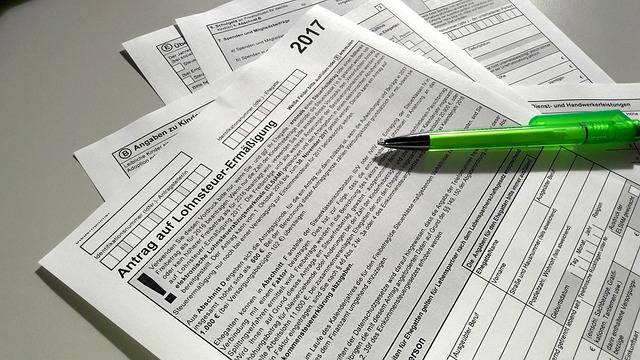Inheritance Tax Planning is a strategic approach to minimizing tax liabilities upon death by managing assets, including making gifts during life, setting up trusts, and understanding/leveraging exemptions and discounts. In the UK, a basic IHT-free allowance of £325,000 per beneficiary exists (as of 2023). Creating a will and seeking professional advice from solicitors or financial planners are crucial for effective Inheritance Tax Planning tailored to individual circumstances.
“Unraveling the complexities of inheritance tax is a crucial step in securing your estate and ensuring peace of mind. This comprehensive guide aims to empower individuals with the knowledge required to navigate this financial landscape.
We’ll explore ‘Understanding Inheritance Tax’—its essence, calculations, and impact on heirs. Subsequently, discover practical strategies under ‘Strategies for Effective Inheritance Tax Planning’ to optimize your assets, minimize tax liability, and create a lasting legacy.”
- Understanding Inheritance Tax: What It Is and How It Works
- Strategies for Effective Inheritance Tax Planning
Understanding Inheritance Tax: What It Is and How It Works

Inheritance Tax, often referred to as IHT, is a levy imposed by the government on the transfer of assets from one generation to another upon the death of an individual. It’s designed to ensure that wealthy individuals contribute to public services through their estate. The tax applies to a wide range of assets, including property, investments, and personal possessions. Understanding Inheritance Tax Planning is crucial for managing your affairs and minimizing potential liabilities.
Effective Inheritance Tax Planning involves strategies such as making gifts during life, setting up trusts, and utilizing available exemptions and discounts. By taking these steps, individuals can reduce the overall value of their estate, thereby lowering the tax liability passed on to heirs. This proactive approach allows for better control over asset distribution while ensuring a smoother transition for beneficiaries.
Strategies for Effective Inheritance Tax Planning

Effective inheritance tax planning is key to preserving your assets for future generations. One of the most fundamental strategies is understanding the current threshold and exemptions for Inheritance Tax (IHT). In the UK, as of 2023, the basic IHT-free allowance stands at £325,000 per beneficiary. This means if you plan your estate wisely, you can significantly reduce the tax burden on your loved ones. Creating a will is an essential step in this process; it allows you to nominate guardians for any dependent children and distribute your assets according to your wishes.
Additionally, utilizing lifetime gifts can be a powerful tool for Inheritance Tax Planning. By giving away assets during your lifetime, you reduce the value of your estate that’s subject to IHT. However, it’s crucial to balance this strategy with maintaining an adequate level of liquidity to cover immediate expenses and potential care costs. Professional advice from solicitors or financial planners can help tailor these strategies to your specific circumstances.
Effective inheritance tax planning is key to preserving your wealth for future generations. By understanding how Inheritance Tax works and implementing strategic measures, you can significantly reduce your tax burden. These techniques allow you to make informed decisions, ensuring a smoother transfer of assets while minimizing potential financial impacts. Remember, early preparation and professional guidance are essential to navigating the complexities of inheritance tax planning successfully.

